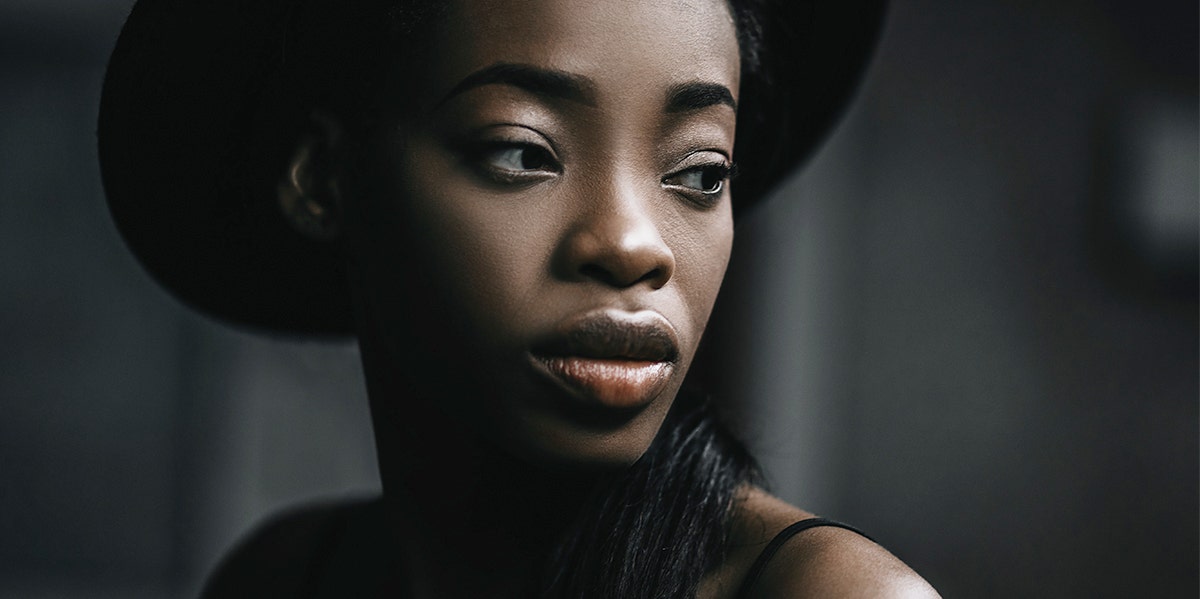There Doesn't Need To Be Evidence When A Marginalized Community Talks About Harm Done To Them
Why we should always believe BIPOC.
 dubasyk / Shutterstock
dubasyk / Shutterstock As a Black woman in this country, I’ve had experiences with racially-charged aggressions, both micro and major aggressions.
I’ve also had experiences where I’ve come forward with the harm that has been done to me — only for people to either not believe me, or tell me I’m being too dramatic.
It’s disheartening and silencing to find the courage to speak up about patterns of harm that happen as a minority in this country, only for people to either demand evidence or just not believe you at all.
As someone in a marginalized community, we shouldn’t have to provide evidence of racially-charged incidents for people to believe us, especially when the proof is in the way the system in this country has repeatedly treated BIPOC for centuries.
BIPOC have been the brunt of injustices and unfair treatment for so long, it feels painful and exhausting when we consistently have to prove that these harmful acts happen to us, just because of what we look like.
It's similar to when a woman comes forward with a sexual allegation charge against a man. The general public demands the woman provide evidence of something so gruesome and traumatic that at the moment, she may not have had time to gather evidence for. This type of reaction — which is thankfully changing, thanks to the #MeToo movement, only further silences the victim and allowing the perpetrator to feel as if they’ll get away with the crime because the victim feels nobody will believe them anyway.
But I’d rather believe someone who could potentially be lying than believe someone who could possibly be a bigot or a sexual predator.
This country has such a long and violent history when it comes to the treatment of communities of color and it's incredibly systemic and deeply rooted in the way this country operates. So much so, that so many people just deem our poor treatment of BIPOC as normal, or irreversible, making it so much harder for people in marginalized communities to speak up because it feels as if no one will even bat an eye in our direction.
Ericka Hart, a racial, social, and gender justice activist, and writer posted a series of her own tweets to her Instagram page, asking an important question pertaining to the topic of people in marginalized communities speaking up against the harmful acts done against them:
“What are you REALLY asking for? And WHO do you just believe?”
A lot of white people in this country find it hard to side with BIPOC, mostly because if they simply acknowledge our experiences, it also means acknowledging this country has put white people first for centuries. It means acknowledging their own privilege and their own internalized racism.
Acknowledgment is the one thing that can fix this broken system, even a little bit. When white people finally begin to realize that their privilege is the reason why America has put BIPOC at the bottom of the totem pole, we may start to see progress.
Change is slowly happening, which is a good thing because when anyone in a marginalized community speaks up about being a victim of racially-charged incidents, all we want is for people to hear us, understand us, abe willing to fight for us to live in the same world that you do.
Nia Tipton is a writer living in Chicago. She covers pop culture, social justice issues, and trending topics. Follow her on Instagram.

